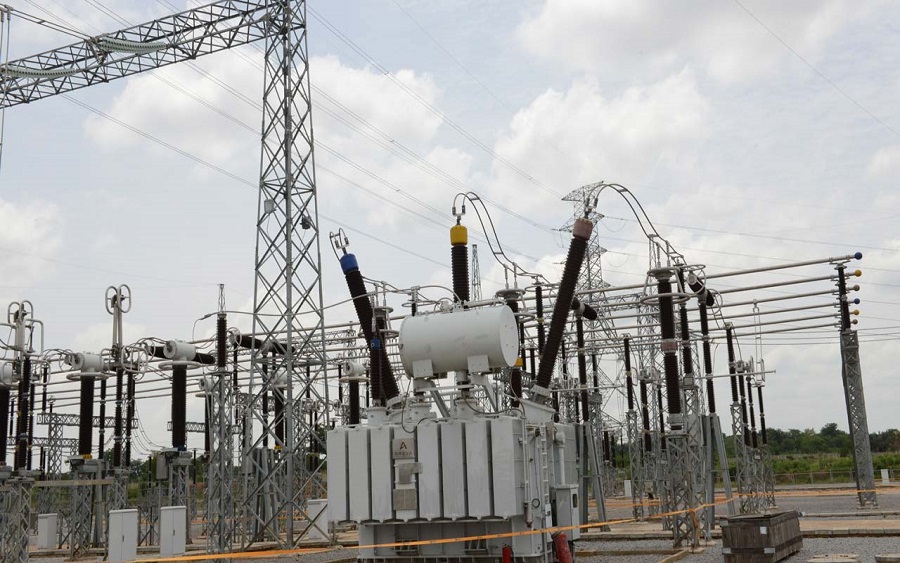In May 2017, erstwhile Minister for Power, Works and Housing, Babatunde Raji Fashola, in line with Section 27 of the Electric Power Sector Reform Act (EPSRA) declared four categories of “eligible customers” in the Nigeria electricity supply industry (NESI). These categories of customers were to be allowed to source power directly from generation companies (GENCOs) and trading licensees and bypass the Distribution companies (DISCOs).
The Eligible Customer Regulation was released later that year. At the time, there were debates as to whether the NESI was ripe for such a move, since the eligible customer regime would make for a competitive market and soon do away with the need for the Nigerian Bulk Electricity Trading Company (NBET), the intermediary. The aim of the regime was to ensure third party access to distribution and transmission infrastructure, make for competition in the market and improve service delivery while allowing GENCOs to serve a larger range of customers.
Four years after, the Nigerian Electricity Regulatory Commission (NERC) has decided to pull the plug on the scheme – at least in the interim. In a letter to the public issued by the market operator, E.A Eje, of the Transmission Company of Nigeria (TCN), notified eligible customers that it had suspended eligible customer transactions.
It turns out that in July, NERC had issued directives to the TCN to suspend all eligible customer transactions without its approval, a move that is reported to have been necessitated by the large number of “eligible customers” failing to obtain NERC approval as required under sections 5 to 9 of the Eligible Customer Regulations.
While the language on the letter containing the directive by NERC reads as a temporary suspension of the regime and not a cancellation, many are agitated that this might draw out to the eventual extinction of the eligible customer regime. Many are also wondering what this change means for the electricity market.
To understand what it means, perhaps it is important to understand what the declaration changed in the market. Prior to the eligible customer regime, it was largely a DISCOs only market, where the DISCOs sold power to customers, but the declaration opened up the market in a manner that could enable certain classes of customers (mostly C&I) do without DISCOs entirely or merely utilise them for pass-through purposes under Distribution Use of System (DUoS) agreements.
At some point after the market was declared, a number of DISCOs had declared force majeure, claiming the regime will bring them significant revenue losses due to the migration of customers.
While there cannot be justification for those customers who did not obtain approvals, thus flouting clear provisions of the law, perhaps NERC should investigate the challenges the regime participants faced in obtaining these approvals and examine how it can eliminate bottlenecks and make the process become more seamless – particularly because according to Musiliu Oseni, the Vice Chairman of NERC, only one eligible customer had obtained approval in line with the regulation, a dismal number.
One of such challenges may be the timeline and fluidity of approval of agreements like the Power Purchase Agreement (PPA) by NERC. A delay by NERC or requirement to amend provisions of the agreement could take parties back to the drawing board and extend timelines.
Also, while the regime is touted to enable open access markets, there is no open access data on how many eligible customers there were and the volume of contracts that were served under the regime. Another possible challenge could be the mandatory opening of Letters of Credits/Bank Guarantees as required by the Regulations. While this may be typical in regular PPAs, parties often have the flexibility to negotiate away from them in favour of other options, but in this case either of the two is mandatory, and they come with high transaction costs and much-needed expertise that the customer may not be willing to pay for.
While this is not an advocacy for lowering the standards of power sector contracts, NERC should consider easier ways of achieving the goals of the eligible customer regime.
The palpable concern for GENCOs is that NERC may never return the eligible customer regime. In fact, this may be the excuse it did not have four years ago to move away from the regime entirely. Yet, for a market that was hoped to be entering its competitive phase, this will take the NESI backwards, as it will again stifle willing buyer – willing seller opportunities and eliminate competition.
Rather than segue this suspension into an eventual cancellation, NERC should properly investigate complaints and challenges to its eligible customer regulatory process as well as any underhand dealings from its officials that may have encouraged participant non-compliance. It should also obtain and make publicly available data on the volume of transactions that operated under the regime in order to know the contribution of the regime to an open access electricity market. A decision to completely shut down or eventually restore the regime will be best strengthened by such verifiable data.



















